Best Practice
Trade Interchange offers its best practice guides for effective and efficient supplier management across numerous industries.
Filters
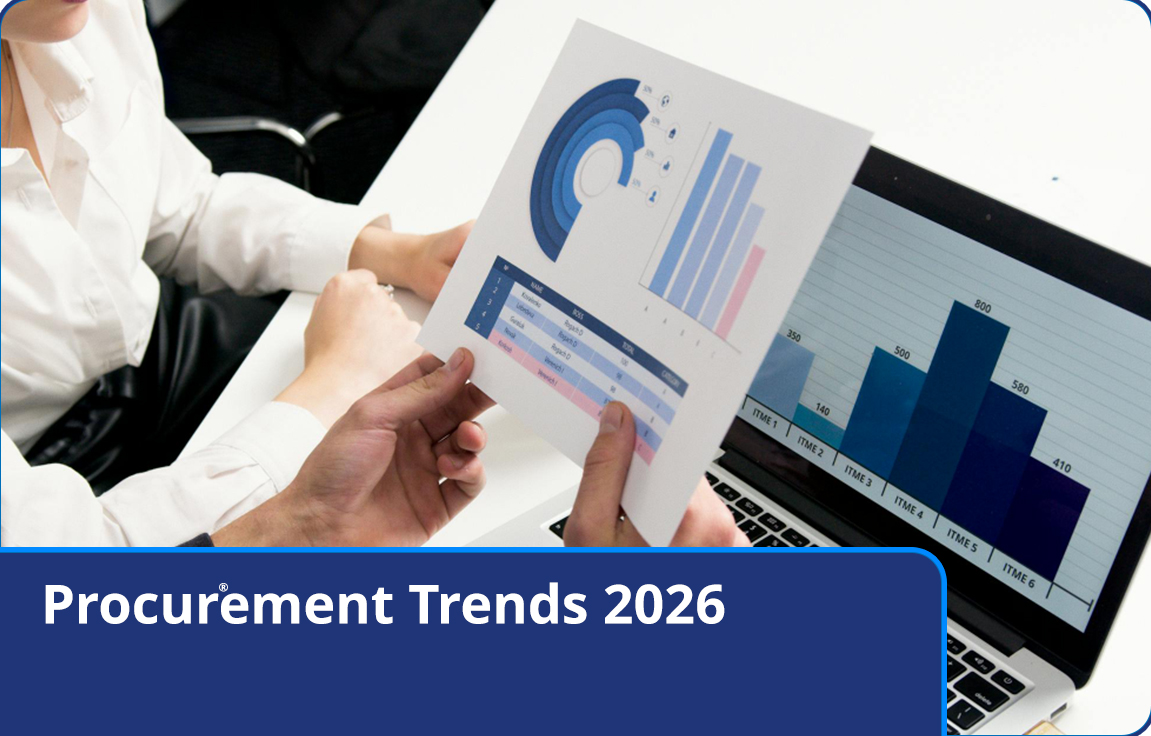

Procurement Trends 2026
See the Guide <script type=”text/javascript” id=”aoform-script-7396b2ff-01b6-44ca-b48f-6a305762b67f:d-0001″>!function(o,t,e,a){o._aoForms=o._aoForms||[],o._aoForms.push(a);var n=function(){var o=t.createElement(e);o.src=(“https:”==t.location.protocol?”https://”:”http://”)+”info.tradeinterchange.com/acton/content/form_embed.js”,o.async=!0;for(var a=t.getElementsByTagName(e)[0],n=a.parentNode,c=document.getElementsByTagName(“script”),r=!1,s=0;s<c.length;s++){if(c[s].getAttribute(“src”)==o.getAttribute(“src”))r=!0;}r?typeof(_aoFormLoader)!=”undefined”?_aoFormLoader.load({id:”7396b2ff-01b6-44ca-b48f-6a305762b67f:d-0001″,accountId:”39311″,domain:”info.tradeinterchange.com”,isTemp:false,noStyle:false,prefill:false}):””:n.insertBefore(o,a)};window.attachEvent?window.attachEvent(“onload”,n):window.addEventListener(“load”,n,!1),n()}(window,document,”script”,{id:”7396b2ff-01b6-44ca-b48f-6a305762b67f”,accountId:”39311″,domain:”info.tradeinterchange.com”,isTemp:false,noStyle:false,prefill:false});</script>
See the Guide
<script type=”text/javascript” id=”aoform-script-7396b2ff-01b6-44ca-b48f-6a305762b67f:d-0001″>!function(o,t,e,a){o._aoForms=o._aoForms||[],o._aoForms.push(a);var n=function(){var o=t.createElement(e);o.src=(“https:”==t.location.protocol?”https://”:”http://”)+”info.tradeinterchange.com/acton/content/form_embed.js”,o.async=!0;for(var a=t.getElementsByTagName(e)[0],n=a.parentNode,c=document.getElementsByTagName(“script”),r=!1,s=0;s<c.length;s++){if(c[s].getAttribute(“src”)==o.getAttribute(“src”))r=!0;}r?typeof(_aoFormLoader)!=”undefined”?_aoFormLoader.load({id:”7396b2ff-01b6-44ca-b48f-6a305762b67f:d-0001″,accountId:”39311″,domain:”info.tradeinterchange.com”,isTemp:false,noStyle:false,prefill:false}):””:n.insertBefore(o,a)};window.attachEvent?window.attachEvent(“onload”,n):window.addEventListener(“load”,n,!1),n()}(window,document,”script”,{id:”7396b2ff-01b6-44ca-b48f-6a305762b67f”,accountId:”39311″,domain:”info.tradeinterchange.com”,isTemp:false,noStyle:false,prefill:false});</script>
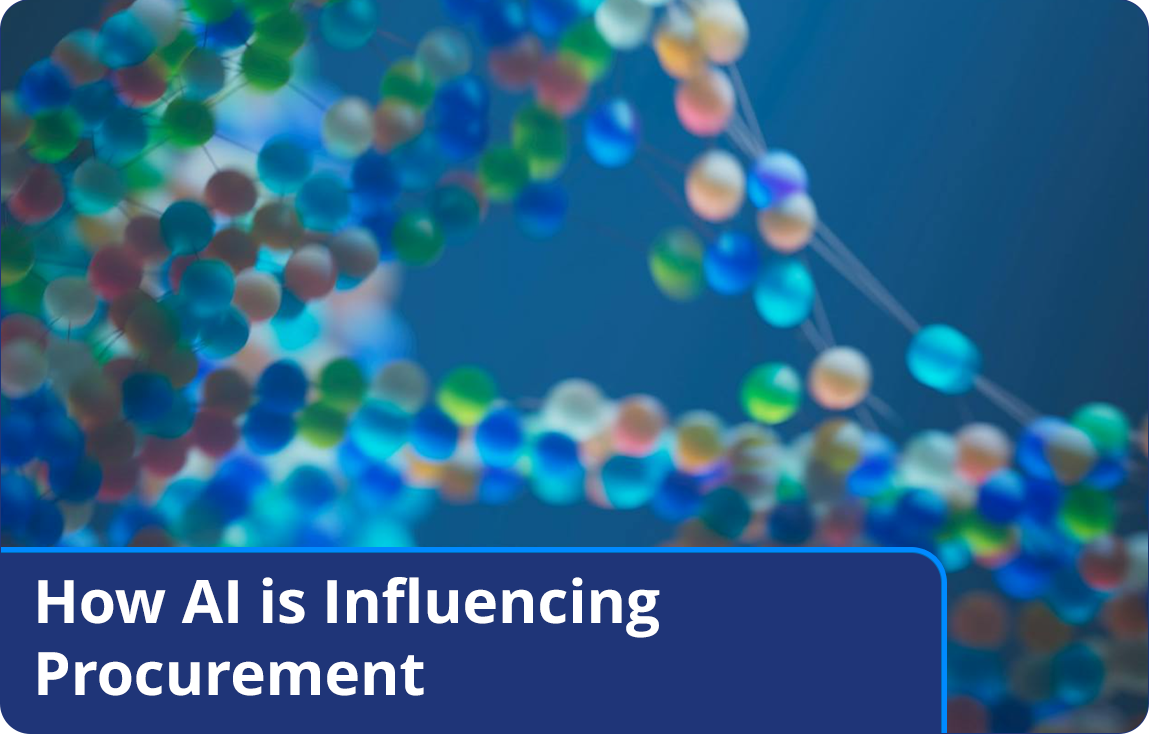

How Artificial Intelligence is Influencing Procurement
See the Guide <script type=”text/javascript” id=”aoform-script-7396b2ff-01b6-44ca-b48f-6a305762b67f:d-0001″>!function(o,t,e,a){o._aoForms=o._aoForms||[],o._aoForms.push(a);var n=function(){var o=t.createElement(e);o.src=(“https:”==t.location.protocol?”https://”:”http://”)+”info.tradeinterchange.com/acton/content/form_embed.js”,o.async=!0;for(var a=t.getElementsByTagName(e)[0],n=a.parentNode,c=document.getElementsByTagName(“script”),r=!1,s=0;s<c.length;s++){if(c[s].getAttribute(“src”)==o.getAttribute(“src”))r=!0;}r?typeof(_aoFormLoader)!=”undefined”?_aoFormLoader.load({id:”7396b2ff-01b6-44ca-b48f-6a305762b67f:d-0001″,accountId:”39311″,domain:”info.tradeinterchange.com”,isTemp:false,noStyle:false,prefill:false}):””:n.insertBefore(o,a)};window.attachEvent?window.attachEvent(“onload”,n):window.addEventListener(“load”,n,!1),n()}(window,document,”script”,{id:”7396b2ff-01b6-44ca-b48f-6a305762b67f”,accountId:”39311″,domain:”info.tradeinterchange.com”,isTemp:false,noStyle:false,prefill:false});</script>
See the Guide
<script type=”text/javascript” id=”aoform-script-7396b2ff-01b6-44ca-b48f-6a305762b67f:d-0001″>!function(o,t,e,a){o._aoForms=o._aoForms||[],o._aoForms.push(a);var n=function(){var o=t.createElement(e);o.src=(“https:”==t.location.protocol?”https://”:”http://”)+”info.tradeinterchange.com/acton/content/form_embed.js”,o.async=!0;for(var a=t.getElementsByTagName(e)[0],n=a.parentNode,c=document.getElementsByTagName(“script”),r=!1,s=0;s<c.length;s++){if(c[s].getAttribute(“src”)==o.getAttribute(“src”))r=!0;}r?typeof(_aoFormLoader)!=”undefined”?_aoFormLoader.load({id:”7396b2ff-01b6-44ca-b48f-6a305762b67f:d-0001″,accountId:”39311″,domain:”info.tradeinterchange.com”,isTemp:false,noStyle:false,prefill:false}):””:n.insertBefore(o,a)};window.attachEvent?window.attachEvent(“onload”,n):window.addEventListener(“load”,n,!1),n()}(window,document,”script”,{id:”7396b2ff-01b6-44ca-b48f-6a305762b67f”,accountId:”39311″,domain:”info.tradeinterchange.com”,isTemp:false,noStyle:false,prefill:false});</script>
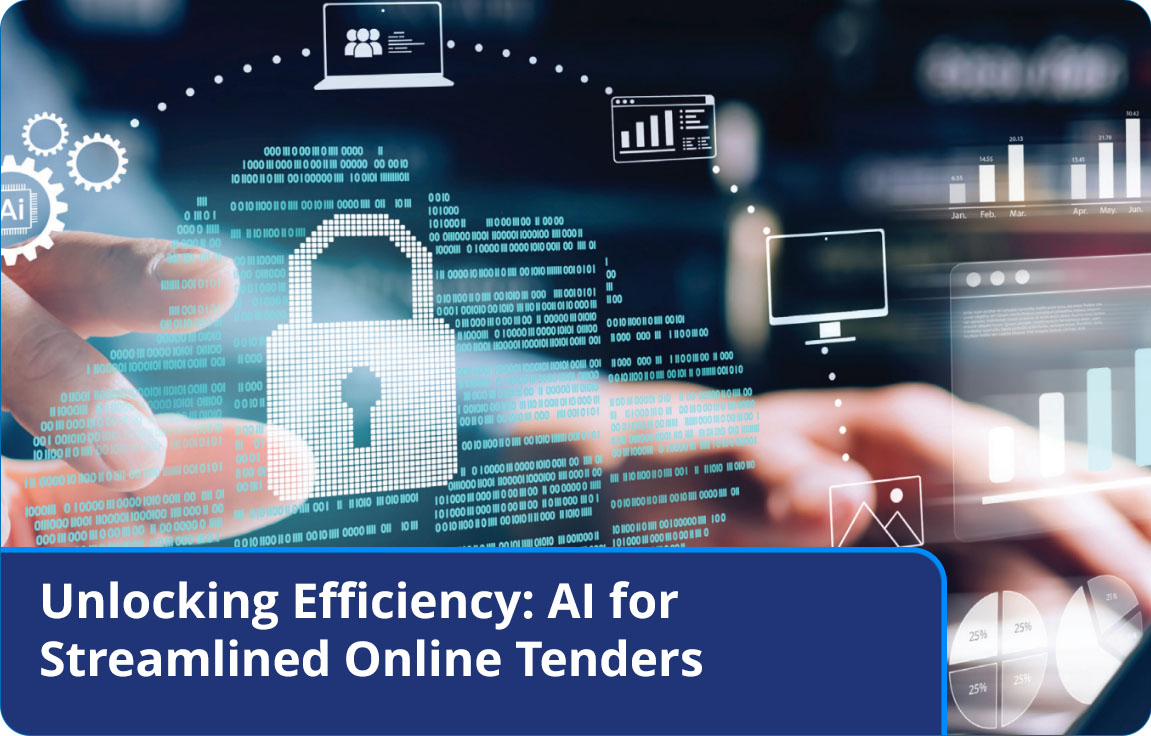

Unlocking Efficiency: AI for Streamlined Online Tenders
See the Guide <script type=”text/javascript” id=”aoform-script-7396b2ff-01b6-44ca-b48f-6a305762b67f:d-0001″>!function(o,t,e,a){o._aoForms=o._aoForms||[],o._aoForms.push(a);var n=function(){var o=t.createElement(e);o.src=(“https:”==t.location.protocol?”https://”:”http://”)+”info.tradeinterchange.com/acton/content/form_embed.js”,o.async=!0;for(var a=t.getElementsByTagName(e)[0],n=a.parentNode,c=document.getElementsByTagName(“script”),r=!1,s=0;s<c.length;s++){if(c[s].getAttribute(“src”)==o.getAttribute(“src”))r=!0;}r?typeof(_aoFormLoader)!=”undefined”?_aoFormLoader.load({id:”7396b2ff-01b6-44ca-b48f-6a305762b67f:d-0001″,accountId:”39311″,domain:”info.tradeinterchange.com”,isTemp:false,noStyle:false,prefill:false}):””:n.insertBefore(o,a)};window.attachEvent?window.attachEvent(“onload”,n):window.addEventListener(“load”,n,!1),n()}(window,document,”script”,{id:”7396b2ff-01b6-44ca-b48f-6a305762b67f”,accountId:”39311″,domain:”info.tradeinterchange.com”,isTemp:false,noStyle:false,prefill:false});</script>
See the Guide
<script type=”text/javascript” id=”aoform-script-7396b2ff-01b6-44ca-b48f-6a305762b67f:d-0001″>!function(o,t,e,a){o._aoForms=o._aoForms||[],o._aoForms.push(a);var n=function(){var o=t.createElement(e);o.src=(“https:”==t.location.protocol?”https://”:”http://”)+”info.tradeinterchange.com/acton/content/form_embed.js”,o.async=!0;for(var a=t.getElementsByTagName(e)[0],n=a.parentNode,c=document.getElementsByTagName(“script”),r=!1,s=0;s<c.length;s++){if(c[s].getAttribute(“src”)==o.getAttribute(“src”))r=!0;}r?typeof(_aoFormLoader)!=”undefined”?_aoFormLoader.load({id:”7396b2ff-01b6-44ca-b48f-6a305762b67f:d-0001″,accountId:”39311″,domain:”info.tradeinterchange.com”,isTemp:false,noStyle:false,prefill:false}):””:n.insertBefore(o,a)};window.attachEvent?window.attachEvent(“onload”,n):window.addEventListener(“load”,n,!1),n()}(window,document,”script”,{id:”7396b2ff-01b6-44ca-b48f-6a305762b67f”,accountId:”39311″,domain:”info.tradeinterchange.com”,isTemp:false,noStyle:false,prefill:false});</script>
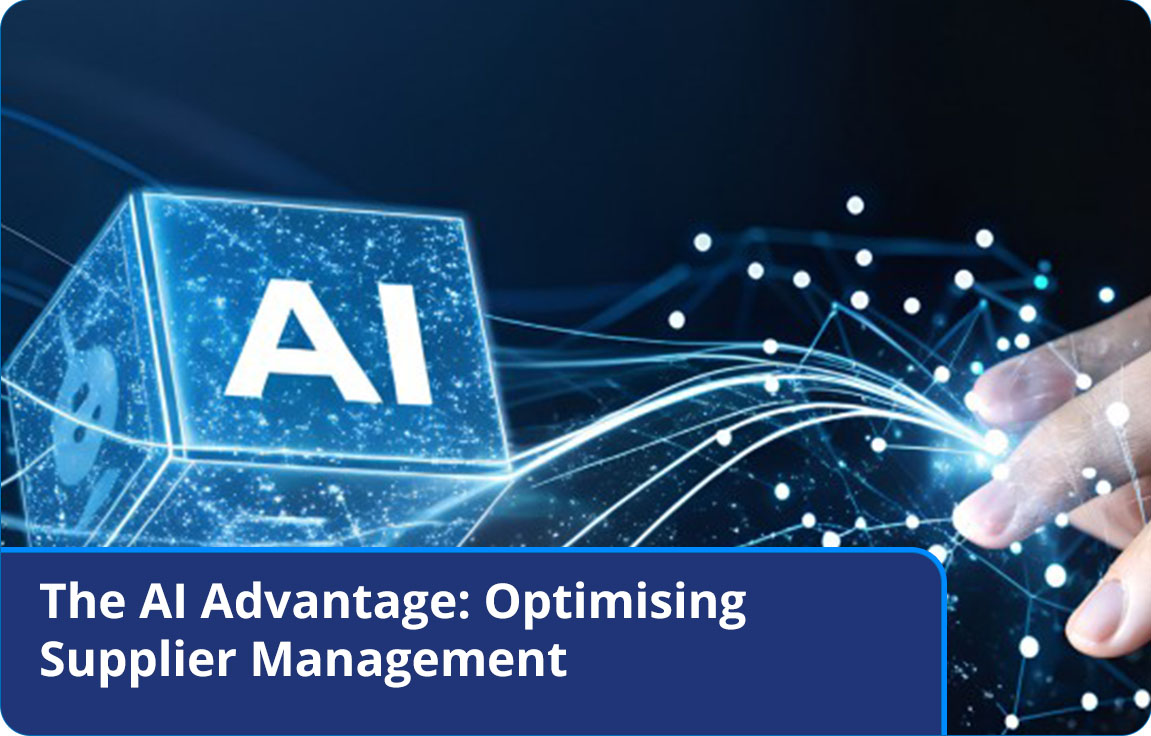

The AI Advantage: Optimising Supplier Management
See the Guide !function(o,t,e,a){o._aoForms=o._aoForms||[],o._aoForms.push(a);var n=function(){var o=t.createElement(e);o.src=(“https:”==t.location.protocol?”https://”:”http://”)+”info.tradeinterchange.com/acton/content/form_embed.js”,o.async=!0;for(var a=t.getElementsByTagName(e)[0],n=a.parentNode,c=document.getElementsByTagName(“script”),r=!1,s=0;s<c.length;s++){if(c[s].getAttribute(“src”)==o.getAttribute(“src”))r=!0;}r?typeof(_aoFormLoader)!=”undefined”?_aoFormLoader.load({id:”b2932bb0-fd57-4a5c-9863-14045882bf39:d-0001″,accountId:”39311″,domain:”info.tradeinterchange.com”,isTemp:false,noStyle:false,prefill:false}):””:n.insertBefore(o,a)};window.attachEvent?window.attachEvent(“onload”,n):window.addEventListener(“load”,n,!1),n()}(window,document,”script”,{id:”b2932bb0-fd57-4a5c-9863-14045882bf39″,accountId:”39311″,domain:”info.tradeinterchange.com”,isTemp:false,noStyle:false,prefill:false});Copy link
See the Guide
!function(o,t,e,a){o._aoForms=o._aoForms||[],o._aoForms.push(a);var n=function(){var o=t.createElement(e);o.src=(“https:”==t.location.protocol?”https://”:”http://”)+”info.tradeinterchange.com/acton/content/form_embed.js”,o.async=!0;for(var a=t.getElementsByTagName(e)[0],n=a.parentNode,c=document.getElementsByTagName(“script”),r=!1,s=0;s<c.length;s++){if(c[s].getAttribute(“src”)==o.getAttribute(“src”))r=!0;}r?typeof(_aoFormLoader)!=”undefined”?_aoFormLoader.load({id:”b2932bb0-fd57-4a5c-9863-14045882bf39:d-0001″,accountId:”39311″,domain:”info.tradeinterchange.com”,isTemp:false,noStyle:false,prefill:false}):””:n.insertBefore(o,a)};window.attachEvent?window.attachEvent(“onload”,n):window.addEventListener(“load”,n,!1),n()}(window,document,”script”,{id:”b2932bb0-fd57-4a5c-9863-14045882bf39″,accountId:”39311″,domain:”info.tradeinterchange.com”,isTemp:false,noStyle:false,prefill:false});Copy link
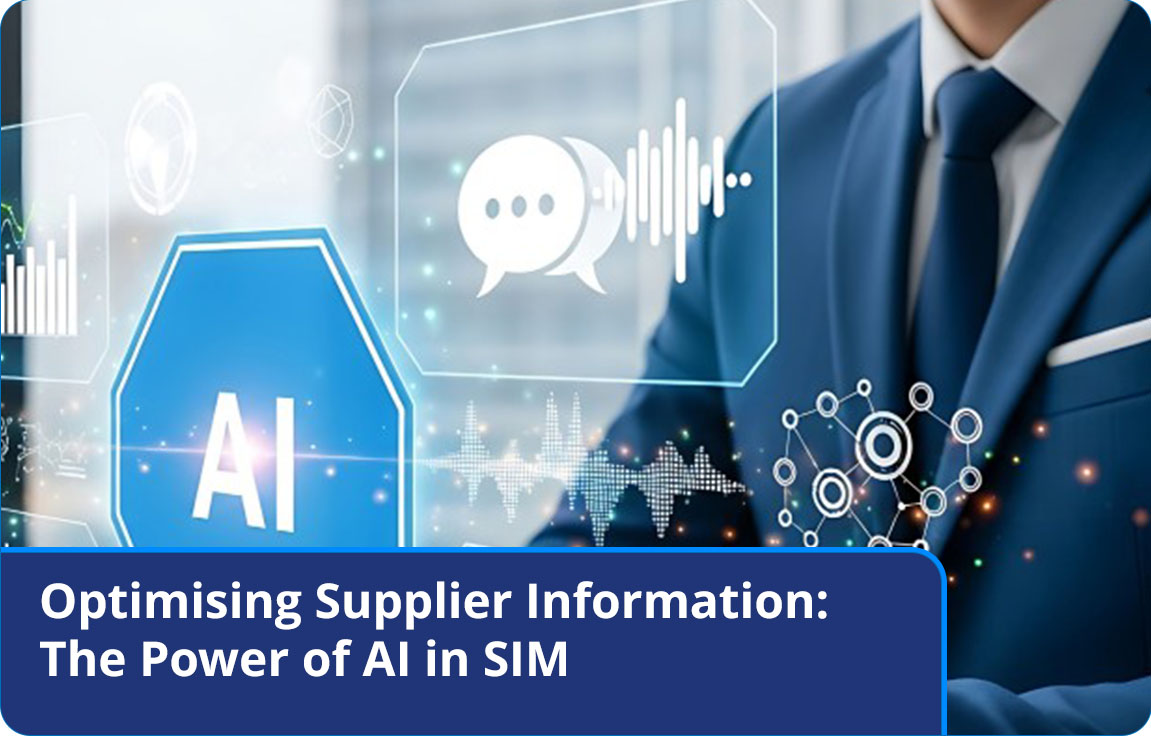

Optimising Supplier Information: the Power of AI in SIM
Read this han
Read this han
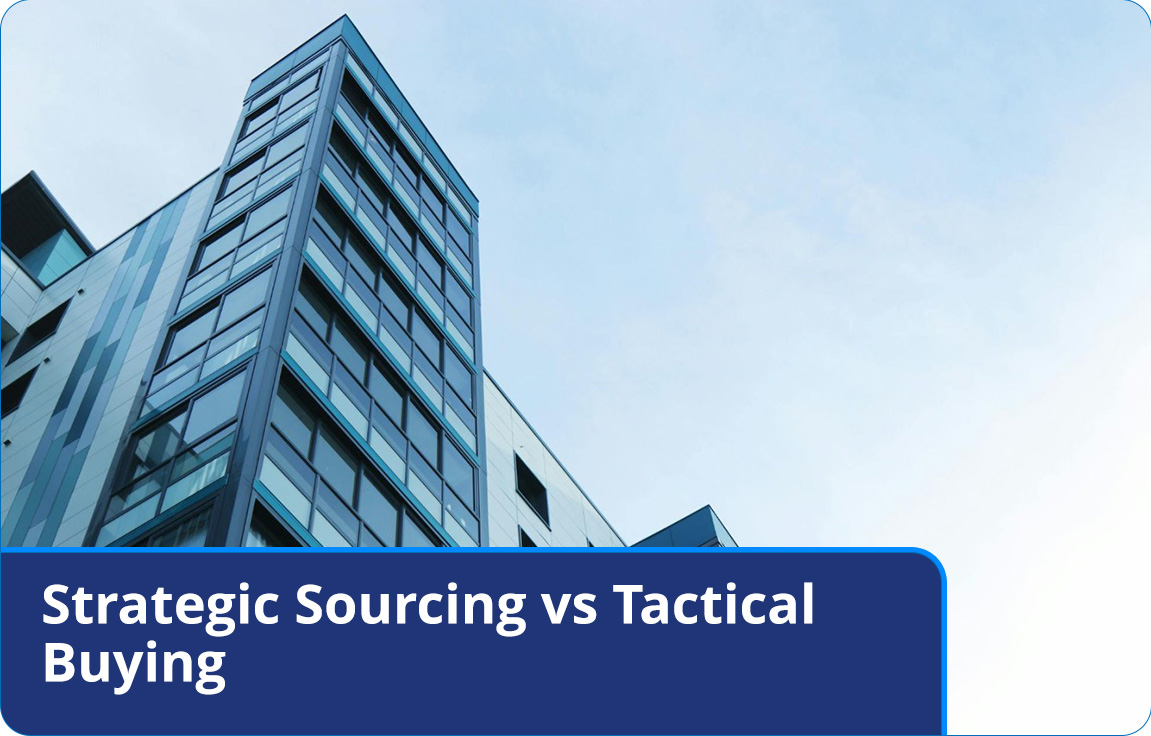

Strategic Sourcing vs Tactical Buying
Read this han
Read this han
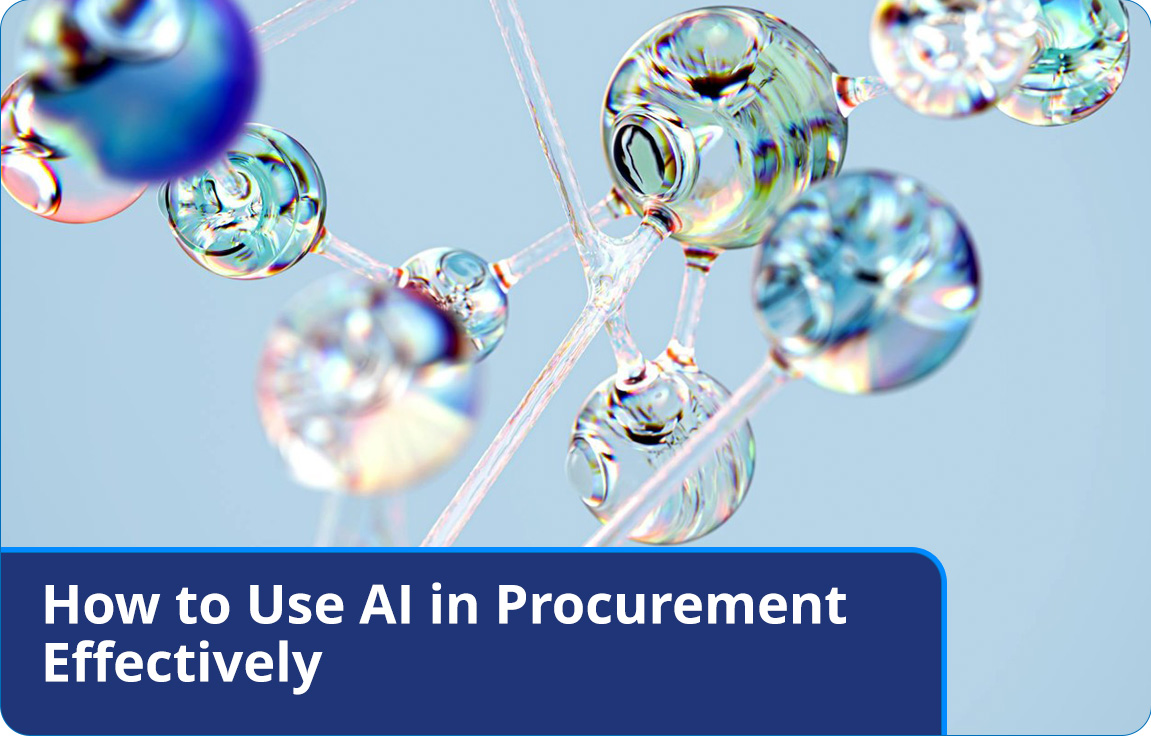

How to Use AI in Procurement Effectively
See the Guide !function(o,t,e,a){o._aoForms=o._aoForms||[],o._aoForms.push(a);var n=function(){var o=t.createElement(e);o.src=(“https:”==t.location.protocol?”https://”:”http://”)+”info.tradeinterchange.com/acton/content/form_embed.js”,o.async=!0;for(var a=t.getElementsByTagName(e)[0],n=a.parentNode,c=document.getElementsByTagName(“script”),r=!1,s=0;s<c.length;s++){if(c[s].getAttribute(“src”)==o.getAttribute(“src”))r=!0;}r?typeof(_aoFormLoader)!=”undefined”?_aoFormLoader.load({id:”583ccc1f-83de-46af-a98f-2f4fc8f550c3:d-0001″,accountId:”39311″,domain:”info.tradeinterchange.com”,isTemp:false,noStyle:false,prefill:false}):””:n.insertBefore(o,a)};window.attachEvent?window.attachEvent(“onload”,n):window.addEventListener(“load”,n,!1),n()}(window,document,”script”,{id:”583ccc1f-83de-46af-a98f-2f4fc8f550c3″,accountId:”39311″,domain:”info.tradeinterchange.com”,isTemp:false,noStyle:false,prefill:false});Copy link
See the Guide
!function(o,t,e,a){o._aoForms=o._aoForms||[],o._aoForms.push(a);var n=function(){var o=t.createElement(e);o.src=(“https:”==t.location.protocol?”https://”:”http://”)+”info.tradeinterchange.com/acton/content/form_embed.js”,o.async=!0;for(var a=t.getElementsByTagName(e)[0],n=a.parentNode,c=document.getElementsByTagName(“script”),r=!1,s=0;s<c.length;s++){if(c[s].getAttribute(“src”)==o.getAttribute(“src”))r=!0;}r?typeof(_aoFormLoader)!=”undefined”?_aoFormLoader.load({id:”583ccc1f-83de-46af-a98f-2f4fc8f550c3:d-0001″,accountId:”39311″,domain:”info.tradeinterchange.com”,isTemp:false,noStyle:false,prefill:false}):””:n.insertBefore(o,a)};window.attachEvent?window.attachEvent(“onload”,n):window.addEventListener(“load”,n,!1),n()}(window,document,”script”,{id:”583ccc1f-83de-46af-a98f-2f4fc8f550c3″,accountId:”39311″,domain:”info.tradeinterchange.com”,isTemp:false,noStyle:false,prefill:false});Copy link


Summary: Future-Proofing Your Procurement Approach with Artificial Intelligence
No time to watch Future-Proofing Your Procurement Approach with Artificial Intelligence? Read this handy summary instead, with abridged versions of each contributor’s discussion points, including: To […]
No time to watch Future-Proofing Your Procurement Approach with Artificial Intelligence?
Read this handy summary instead, with abridged versions of each contributor’s discussion points, including:
- The current state of affairs in Artificial Intelligence according to Professor Andy Pardoe, as well his keen predictions for future developments in the area.
- AI updates coming to ARCUS®, including AI-assisted data collection and management, as well as AI-assisted supplier summaries and chat capabilities.
- A focus on security surrounding AI, including how it is addressed within ARCUS® and how it influenced key decisions around how to incorporate AI safely.
To download your copy of the summary, please fill out the form!


Maximising Procurement Value in 2025
Procurement teams are facing a whole new set of hurdles in 2025. The search for value in procurement isn’t over – in fact, it’s just beginning. […]
Procurement teams are facing a whole new set of hurdles in 2025. The search for value in procurement isn’t over – in fact, it’s just beginning.
Our new Best Practise Guide offers the latest trends, predictions, and solutions to help procurement teams not just survive, but thrive in a new emerging technological landscape.
Download the guide today to kickstart your 2025 learning strategies.
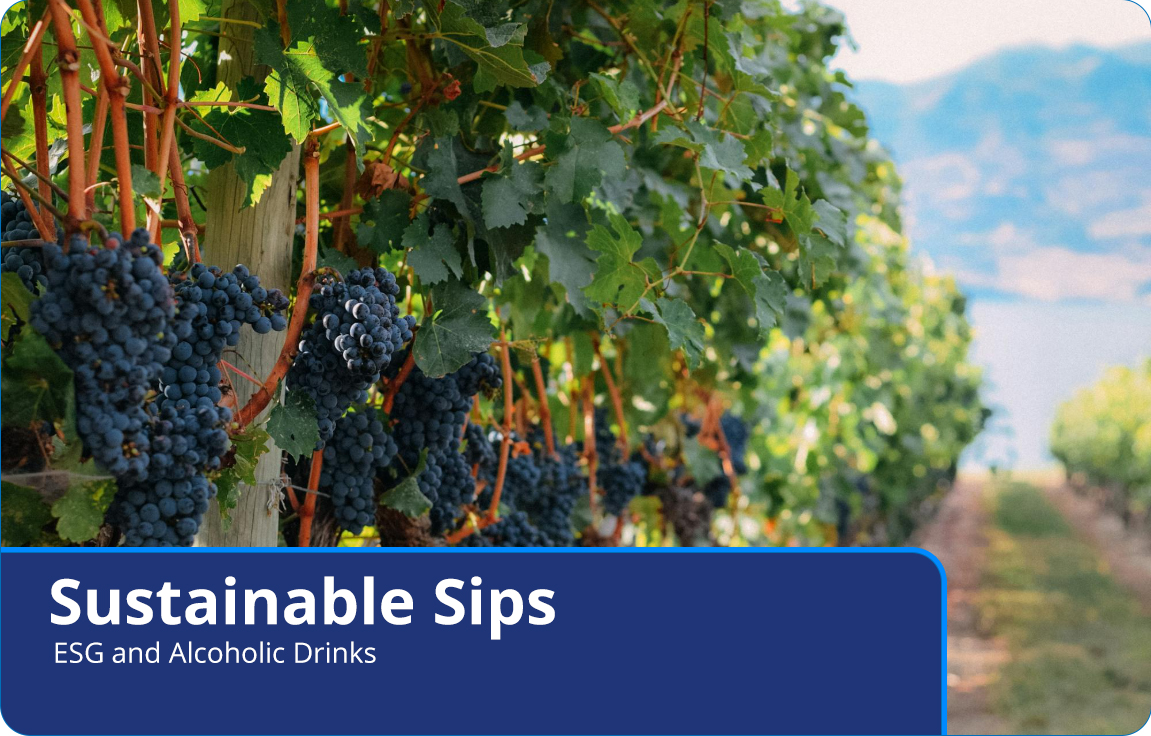

Sustainable Sips: ESG and Alcohol
The rise of the conscious consumer and increasing sustainability regulation has made ESG in the alcoholic drinks industry a priority. Read up around what you need […]
The rise of the conscious consumer and increasing sustainability regulation has made ESG in the alcoholic drinks industry a priority. Read up around what you need to know regarding ESG in the alcoholic drinks industry, covering subjects like:
- Regenerative Farming
- Packaging Evolution
- Distribution Refinement
- Responsible Sourcing
Download the best practise guide now for the latest advice and facts.
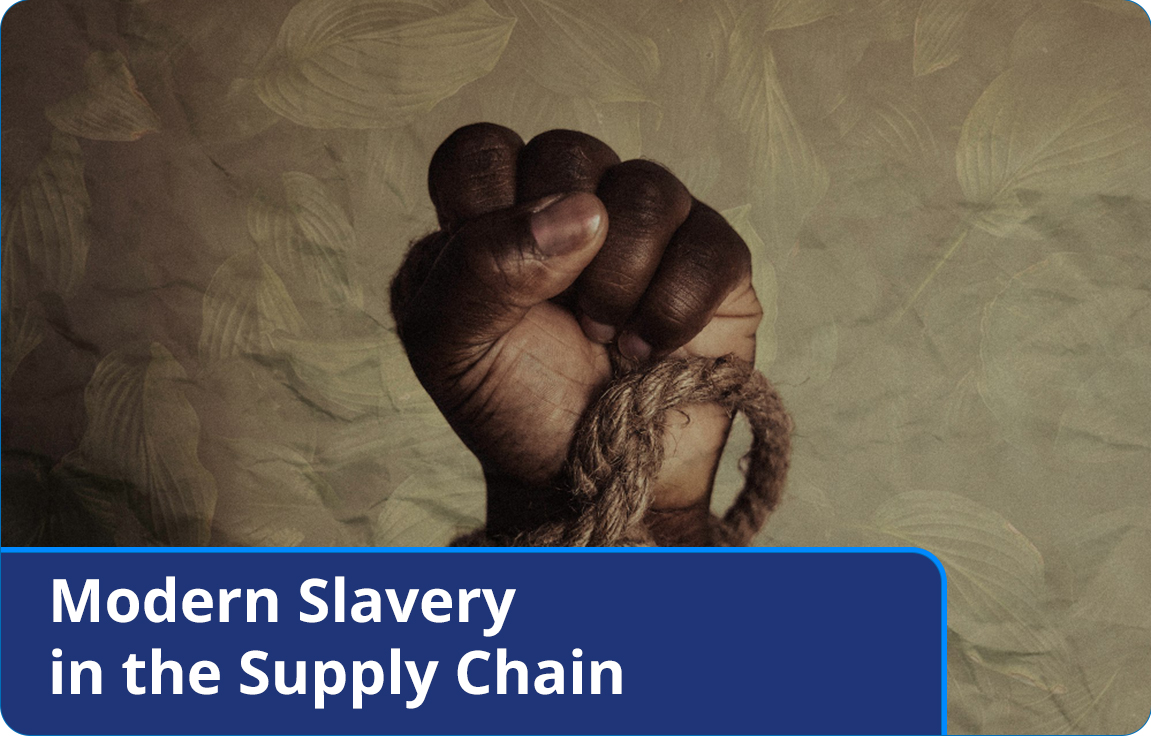

The Social Element of ESG: Modern Slavery in the Supply Chain
Modern slavery, forced labour, and child labour are global issues, affecting every industry in every corner of the world. 27.6 million people are affected worldwide. Industries […]
Modern slavery, forced labour, and child labour are global issues, affecting every industry in every corner of the world. 27.6 million people are affected worldwide.
Industries it affects include the coffee industry, the cobalt mining industry, the cocoa farming industry, and the cotton/clothing industry.
It is the responsibility of companies who operate vulnerable supply chains to take responsibility and action against modern slavery in the supply chain. Read our best practise guide to learn more.
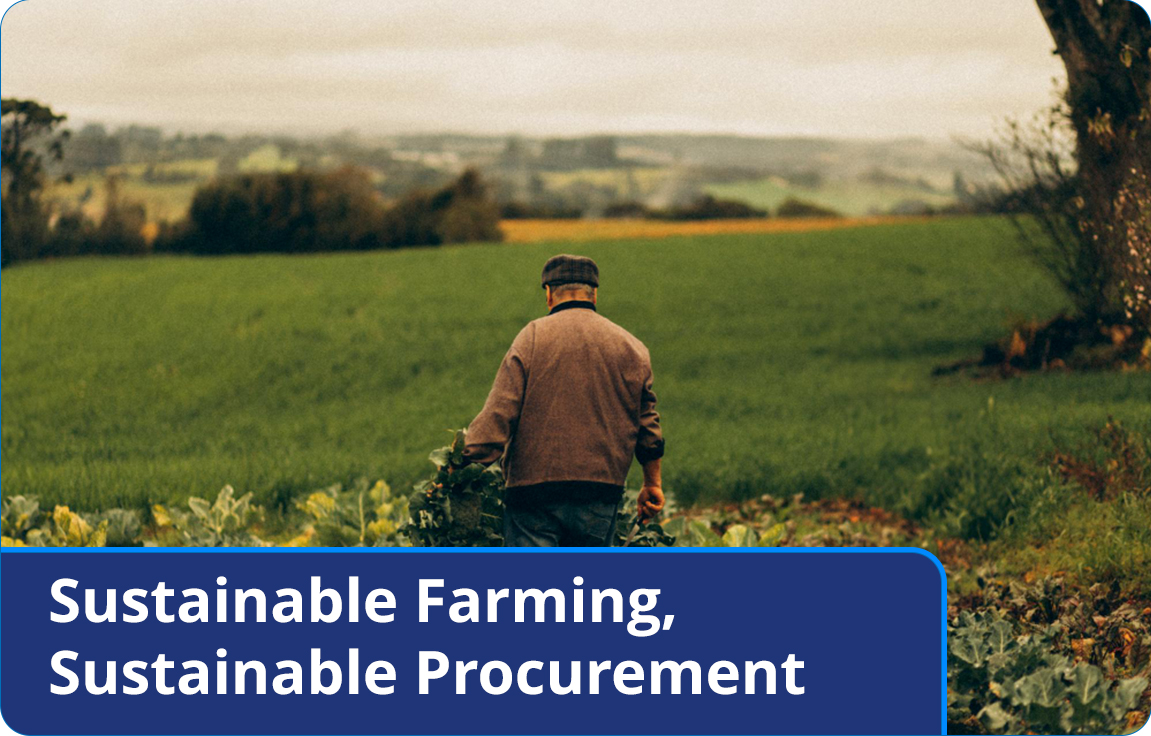

Sustainable Farming, Sustainable Procurement
Intensive farming techniques have been utilised in recent years as a gut reaction to declining and unstable yields in Britain’s fields due to climate change. However, […]
Intensive farming techniques have been utilised in recent years as a gut reaction to declining and unstable yields in Britain’s fields due to climate change. However, this style of farming has been linked to loss of wildlife, soil, and increased water pollution amongst other concerning side effects.
In our new best practise guide, discover regenerative and organic farming techniques that are making it easier for procurement professionals to source for sustainably, and other methods to help you strengthen your sustainable sourcing strategy.
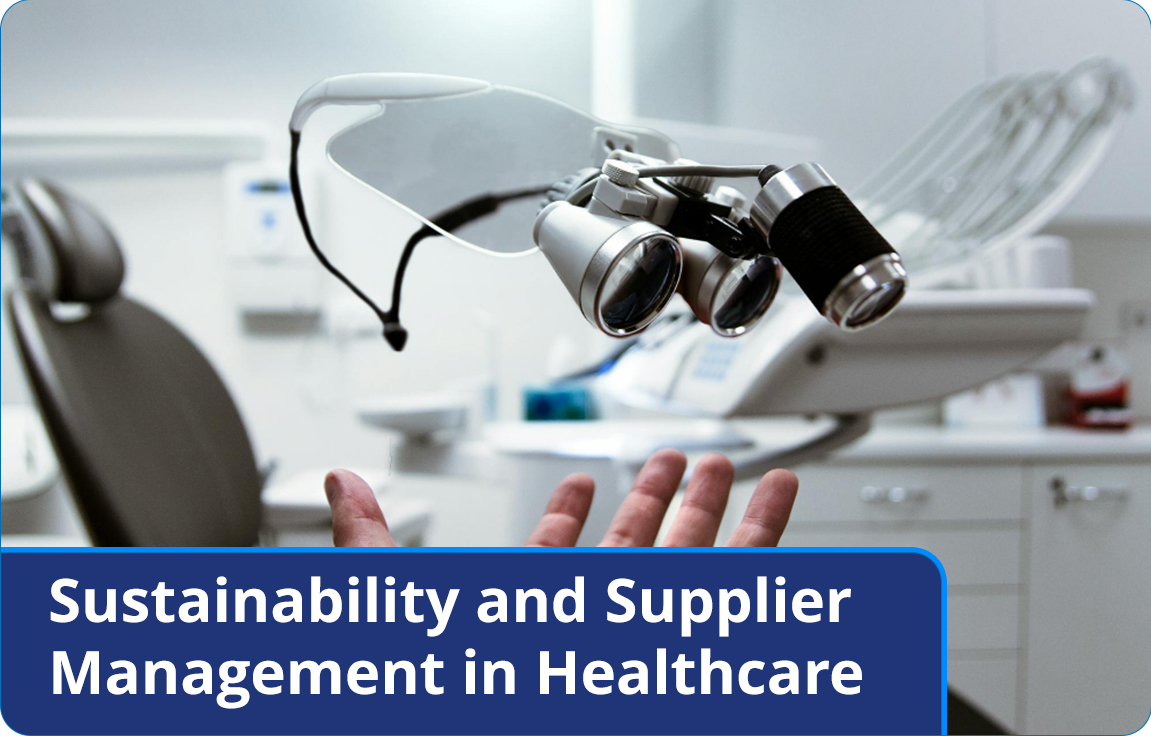

Sustainability and Supplier Management in Healthcare
Independent Healthcare Providers Network announced an industry-wide commitment for independent healthcare providers to go beyond the NHS target to achieve net zero by 2035 (with a […]
Independent Healthcare Providers Network announced an industry-wide commitment for independent healthcare providers to go beyond the NHS target to achieve net zero by 2035 (with a net zero supply chain by 2045). Are you championing positive change in your organisation? What are some of the challenges you face on this journey?
Dealing with issues such as risk or a lack of dedicated time to put towards the solution, what can you do to ensure you aren’t left behind in the movement towards sustainability and supplier management?
Download the best practise guide now for the latest recommendations and solutions.
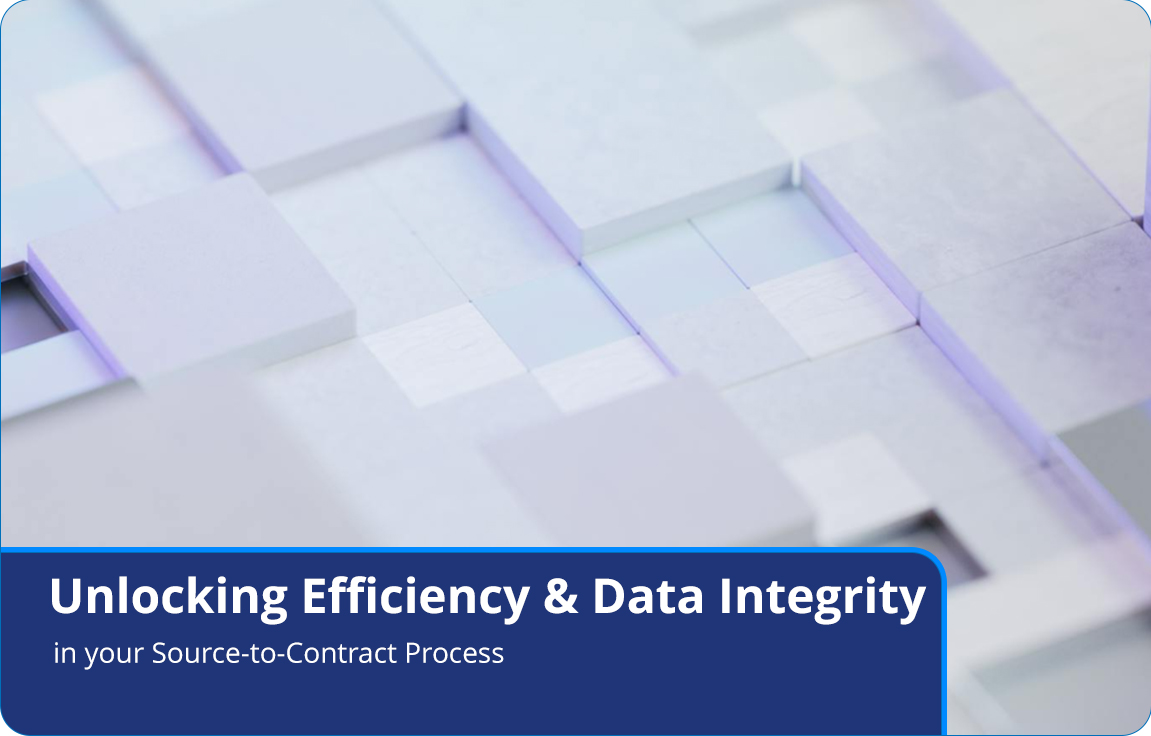

Unlocking Efficiency & Data Integrity in Your Source-to-Contract Process
The efficiency and effectiveness of your supplier onboarding process can significantly impact your procurement cycle, supplier relationships, and overall business success. ARCUS® Supplier Management Software’s innovative […]
The efficiency and effectiveness of your supplier onboarding process can significantly impact your procurement cycle, supplier relationships, and overall business success.
ARCUS® Supplier Management Software’s innovative two-way data flow functionality revolutionises how you manage supplier information, creating a seamless connection between your eRFX (tendering) and Supplier Information Management (SIM) solutions.
If you would like to find out more, complete the short form to download your best practice guide:
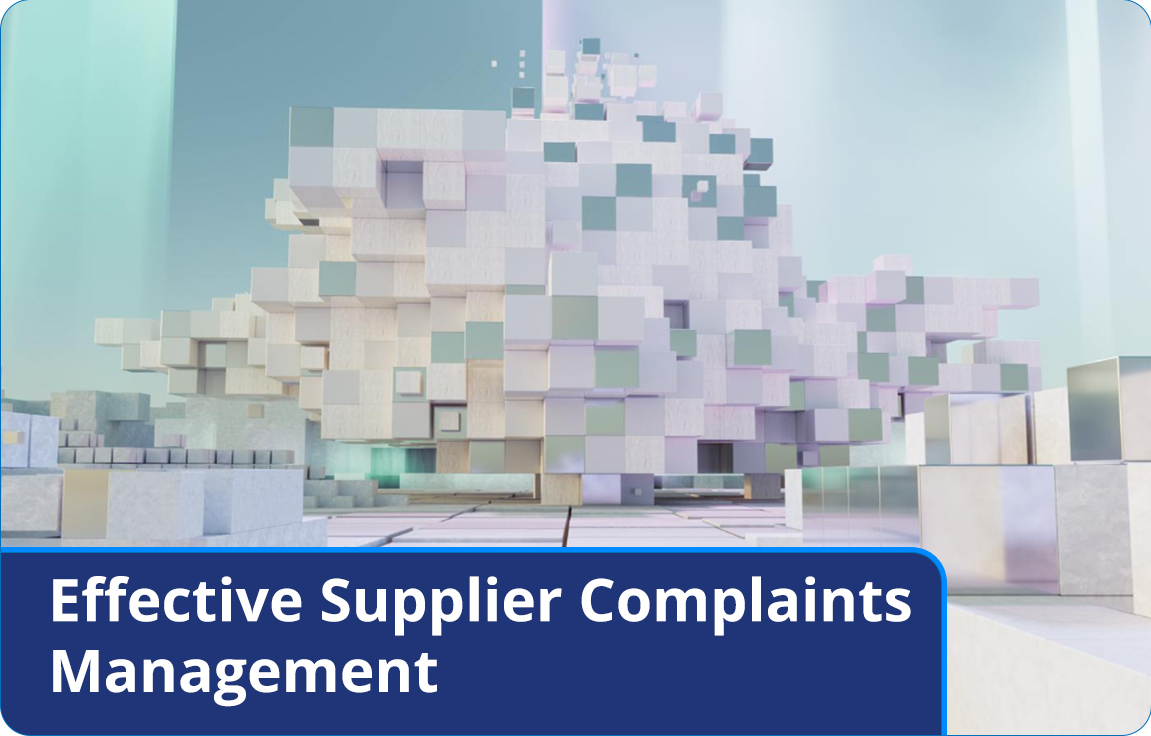

Best Practices for Effective Supplier Complaint Management
In today’s interconnected business landscape, maintaining strong supplier relationships is paramount. When issues arise, addressing them promptly and effectively is key to preserving those relationships and […]
In today’s interconnected business landscape, maintaining strong supplier relationships is paramount.
When issues arise, addressing them promptly and effectively is key to preserving those relationships and ensuring your supply chain is working smoothly. That’s where a robust supplier complaint management process comes in.
This guide will outline best practices for managing supplier complaints, with a particular focus on leveraging the advanced features of our new cloud-based solution, ARCUS® Supplier Complaints Portal (SCP). You can complete the form below to get your guide.
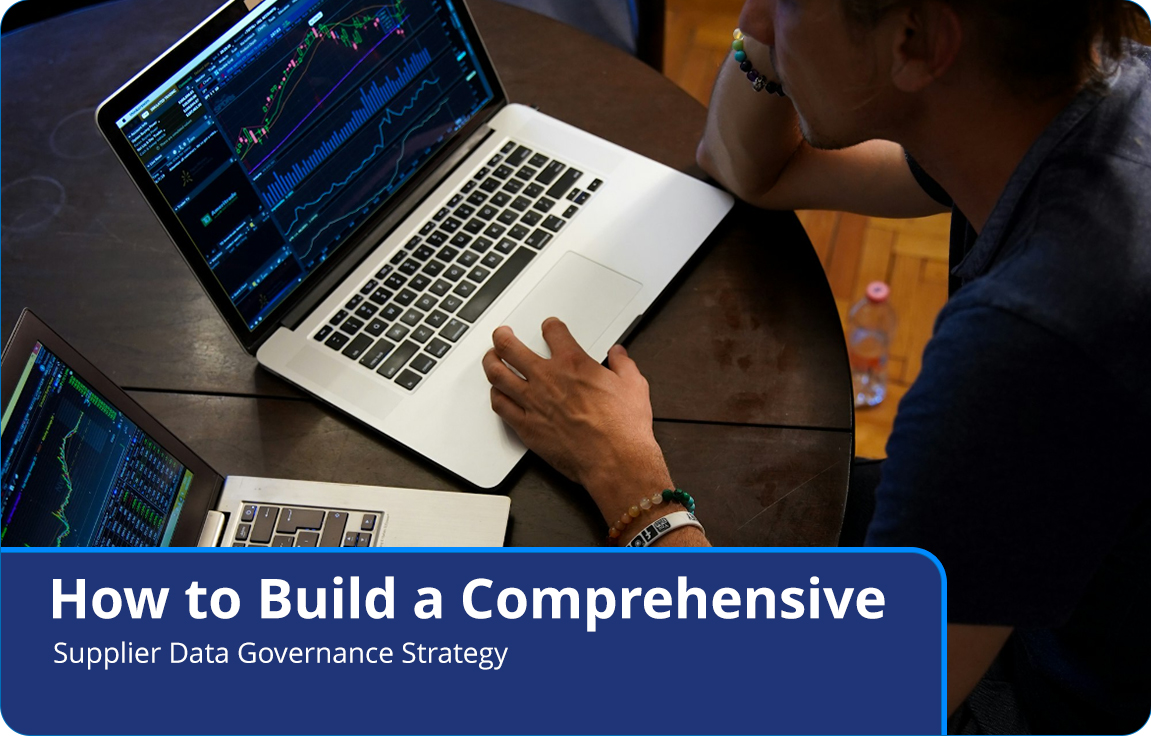

How to Build a Comprehensive Supplier Data Governance Strategy
Data governance, and having a strong governance strategy, is one of the most important things to build in the modern, digital age we live in. When […]
Data governance, and having a strong governance strategy, is one of the most important things to build in the modern, digital age we live in. When dealing with complex supply chains, supplier data requires proper governance and organisation in order to be useful.
By not having a comprehensive and effective data management system, you risk issues such as suppliers falling out of compliance, data becoming out of date, and wasting time on unnecessary tasks.
Our guide covers topics such as these covered in Trade Interchange‘s recent webinar: ‘How to Build a Comprehensive Supplier Data Governance Strategy‘.
Fill out the form to access the guide!
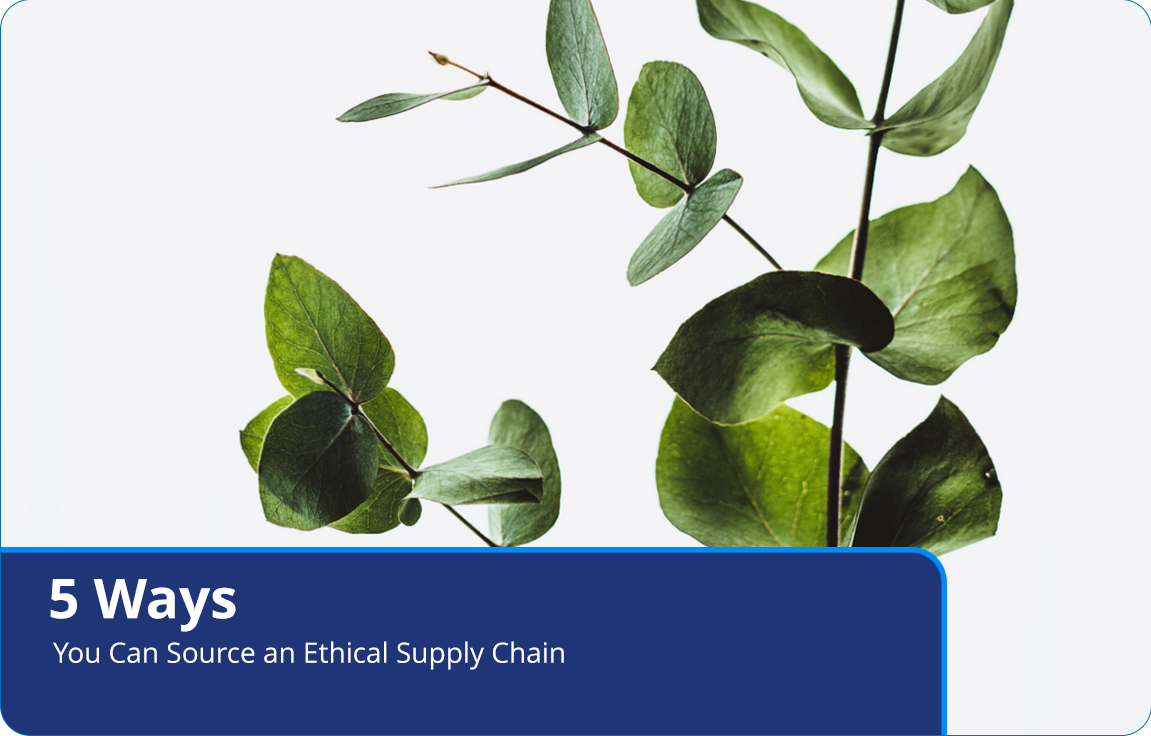

5 Ways You Can Source an Ethical Supply Chain
Sourcing an ethical supply chain can be a challenge, as complex and large supply chains create logistical problems. Gathering the required data from suppliers can soak […]
Sourcing an ethical supply chain can be a challenge, as complex and large supply chains create logistical problems. Gathering the required data from suppliers can soak up time, and validating that this data is credible adds another step as well as risk on top.
Our guide offers 5 of our best tips for sourcing an ethical supply chain in a way which saves you time and ensures that due diligence surrounding suppliers is completed to standard.
Fill in the form to access the guide for instant insights and help!
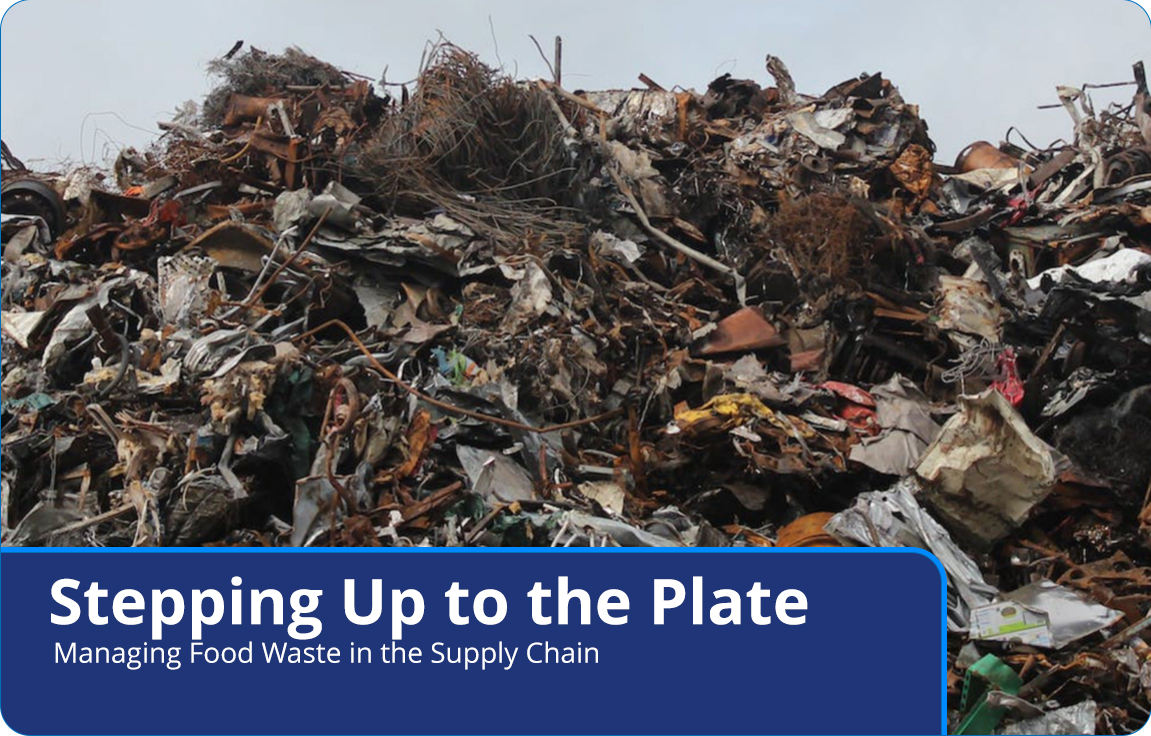

Food Waste in the Supply Chain
Managing food waste in the supply chain is an urgent concern for ESG-aware businesses, so read on to discover how best to do it. Discover what […]
Managing food waste in the supply chain is an urgent concern for ESG-aware businesses, so read on to discover how best to do it.
Discover what kinds of food waste there are, and where it occurs in the supply chain for better insight into where you should be looking to improve.
Find out what is the industry already doing to combat it, including relevant schemes and pledges which are already up and running to help organisations better manage their food waste.
Learn what you can do in your business to step up to the plate, for a more sustainable business model and tangible, measurable action to mitigate climate change.
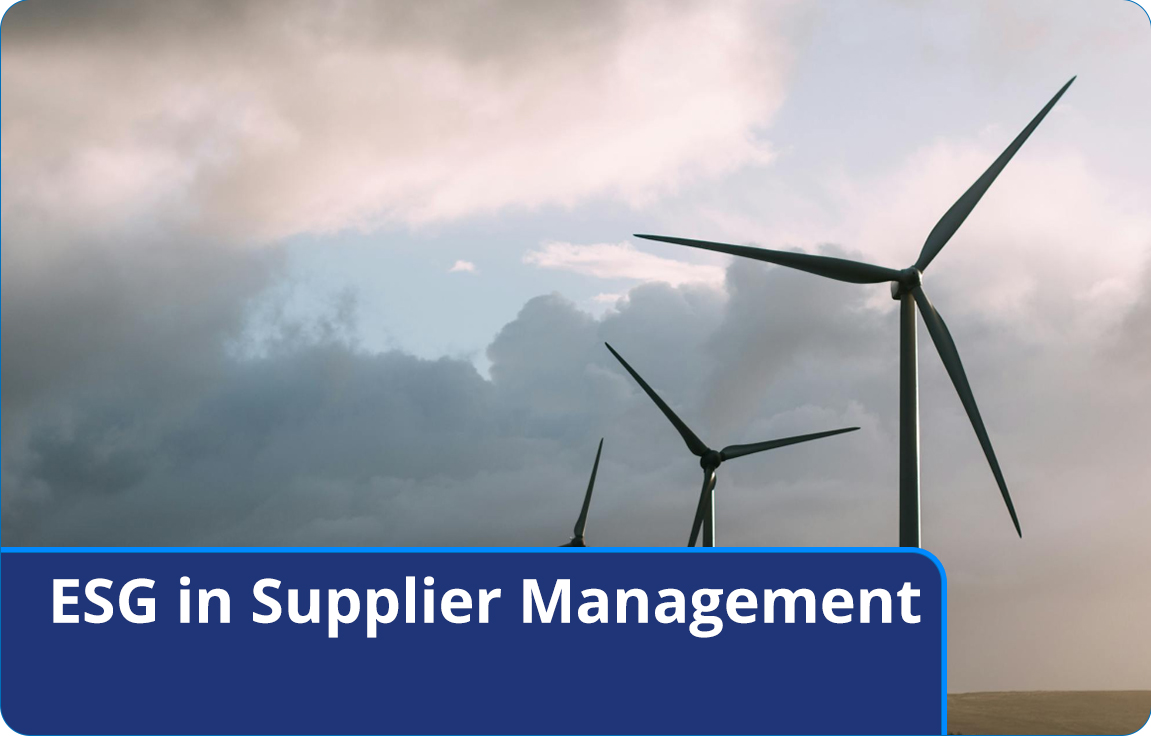

ESG In Supplier Management
ESG in supplier management is one of the focal points of investor interest. ESG stands for Environmental, Social, and (Corporate) Governance. These three areas are key […]
ESG in supplier management is one of the focal points of investor interest. ESG stands for Environmental, Social, and (Corporate) Governance.
These three areas are key factors when measuring the sustainability and ethical impact of a company’s operations and these are evaluated by socially responsible investors to screen potential investments.
KPMG, a multinational professional services network, has reported that:
Consumers are increasingly choosing brands for their ethical behaviour and their record on climate change.
Investors are favouring businesses with robust ESG frameworks implemented.
Governments are implementing regulations requiring organisations to increase transparency in areas such as carbon emissions, modern slavery, diversity, and equal pay. The way a business handles ESG in supplier management will define them within many professional spheres.


Allergens in Alcohol – What’s in your Glass?
If an alcoholic beverage has an alcohol content higher than 1.2%, then it isn’t required to include a list of ingredients. Allergens in alcohol remain a […]
If an alcoholic beverage has an alcohol content higher than 1.2%, then it isn’t required to include a list of ingredients. Allergens in alcohol remain a concern, however.
Companies are required to be able to declare whether their products have any of the 14 allergens from the Annex II list. A lack of transparency can result in issues related to allergies.
It is imperative to keep close track of any allergens within your alcohol supply chain. This ensures that the correct allergen information is on-hand, so consumers can buy products with confidence in their own safety.
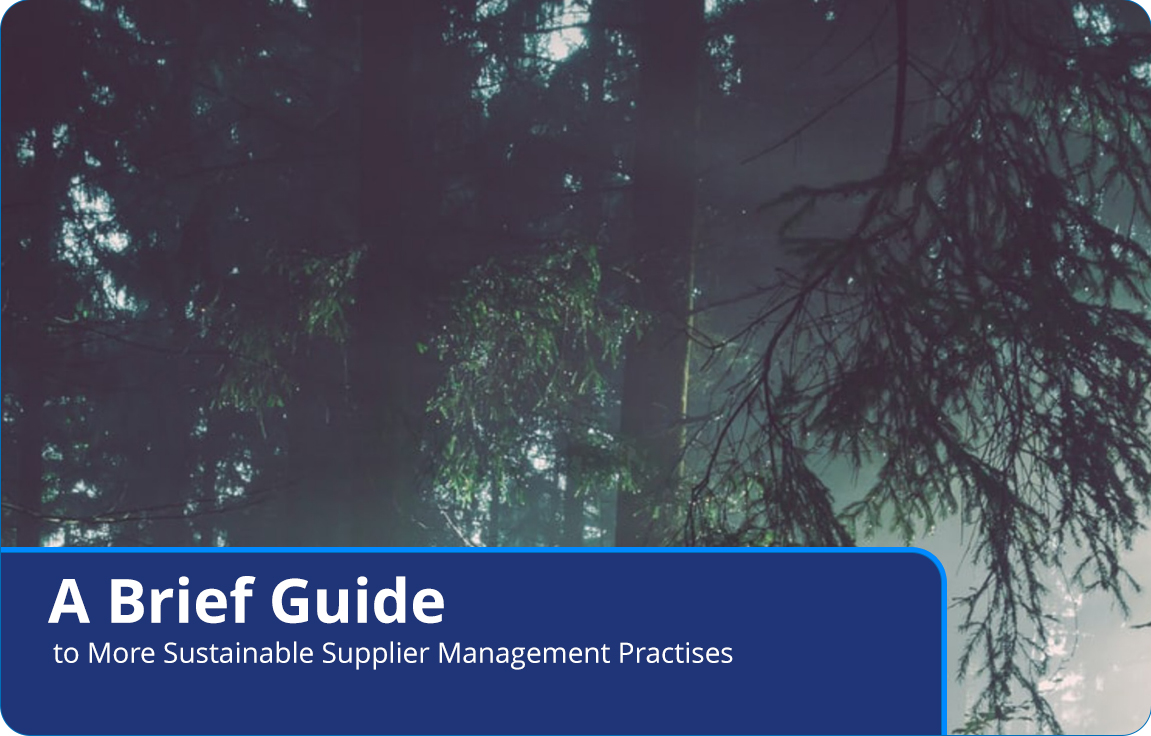

A Brief Guide to More Sustainable Supplier Management Practices
Discover how you can embed more sustainable supplier management practises using a system which can transform and enhance sustainable policies throughout your supply chain. Climate Change […]
Discover how you can embed more sustainable supplier management practises using a system which can transform and enhance sustainable policies throughout your supply chain.
Climate Change and Public Health are intrinsically linked. If climate change worsens, new health problems will become commonplace due to factors such as extreme heat, or additional natural disasters. This is why we need to do our part and introduce more sustainable methods to help protect the health of the public.
Benefit from improved processes in your organisation as well as increased support for embedding sustainability policies throughout supply management activities.


7 Steps to a Successful eAuction
Follow our easy 7-step guide to discover how you can run a successful eAuction and maximise your ROI. Whether your existing eSourcingeSourcing strategy involves eAuctions or […]
Follow our easy 7-step guide to discover how you can run a successful eAuction and maximise your ROI.
Whether your existing eSourcingeSourcing strategy involves eAuctions or you are looking to utilise eAuctions in the future, it is key to have a clearly defined eAuction process. A clear course of action helps you to establish best practices and generate consistent and comparable information, helping to ensure you maximise your purchasing power.
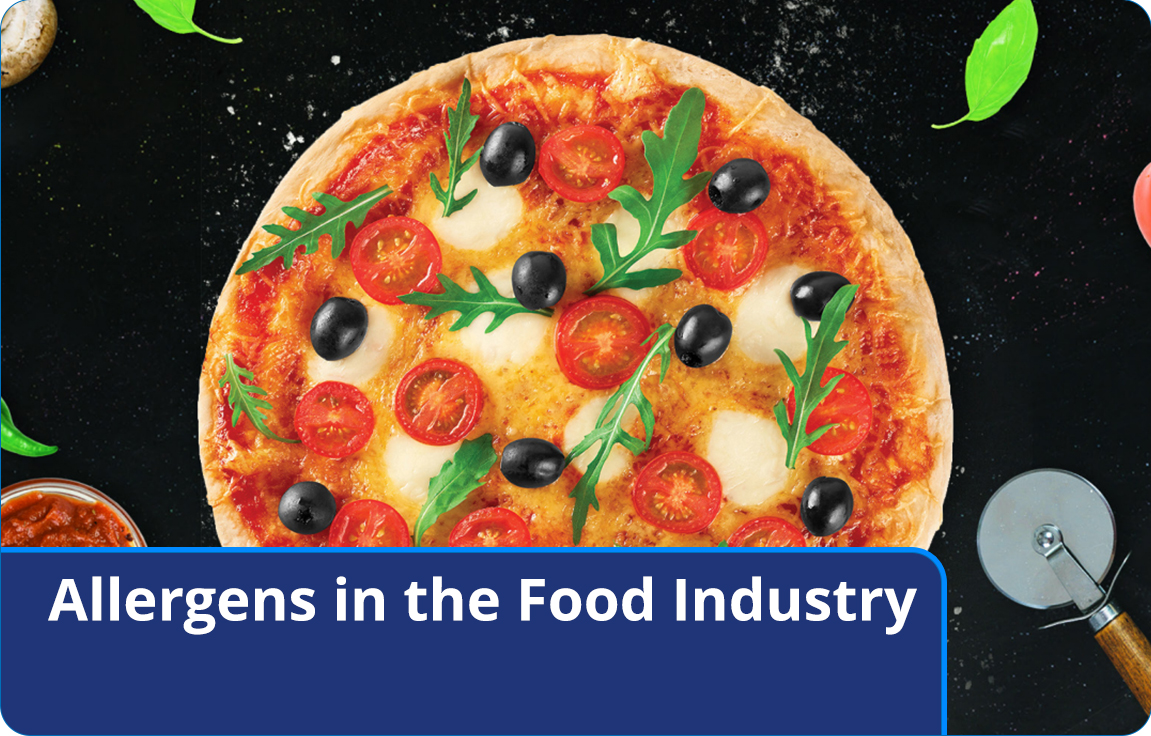

Allergens in the Food Industry
Allergens in the food industry have come under intense scrutiny in recent years. Teeming with new developments and flavour combinations, but also risks. It is never […]
Allergens in the food industry have come under intense scrutiny in recent years. Teeming with new developments and flavour combinations, but also risks. It is never too late to ask: have proper considerations for allergens been taken into account?
The responsibility lies with organisations to ensure that allergens are properly documented and advertised.
With an ever-increasing number of ingredients going into menus across the nation, it’s more important than ever to ensure that the provenance of those ingredients is checked for the presence of allergens. This information should then be passed on to consumers to ensure that due diligence has been performed.
Having greater visibility and control over the data you request from suppliers ensures compliance, which in turn protects consumers from allergens in the food industry.
